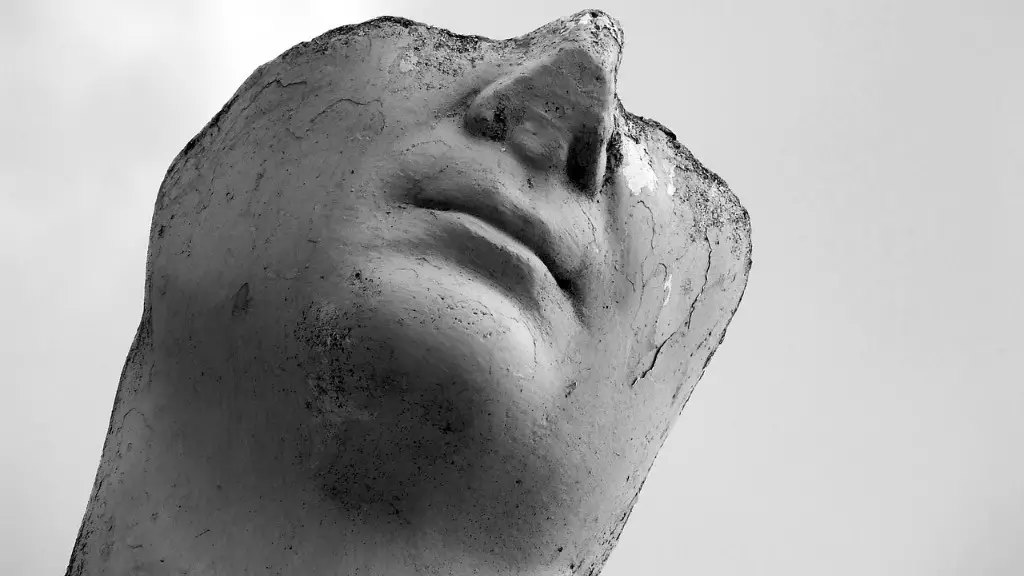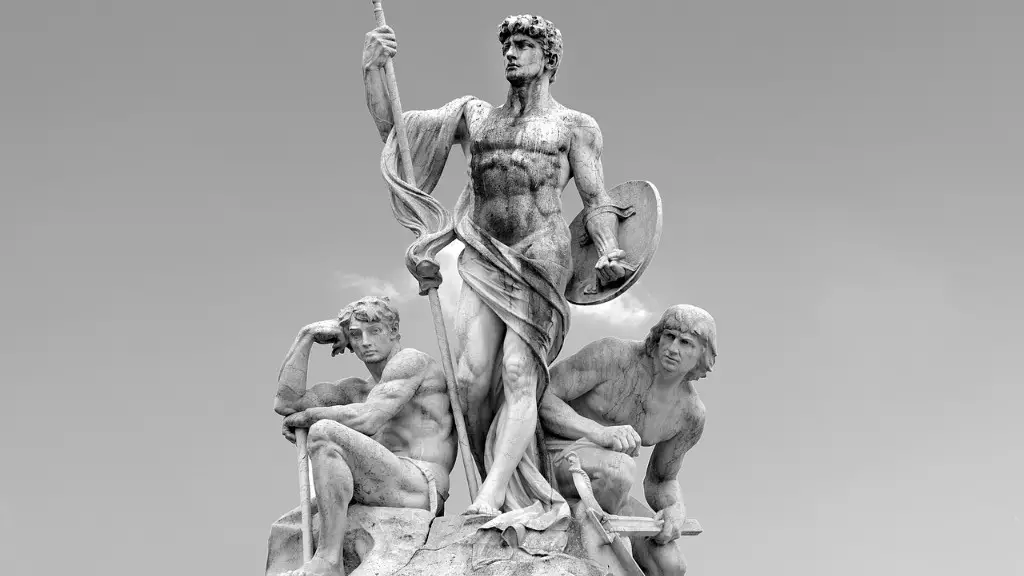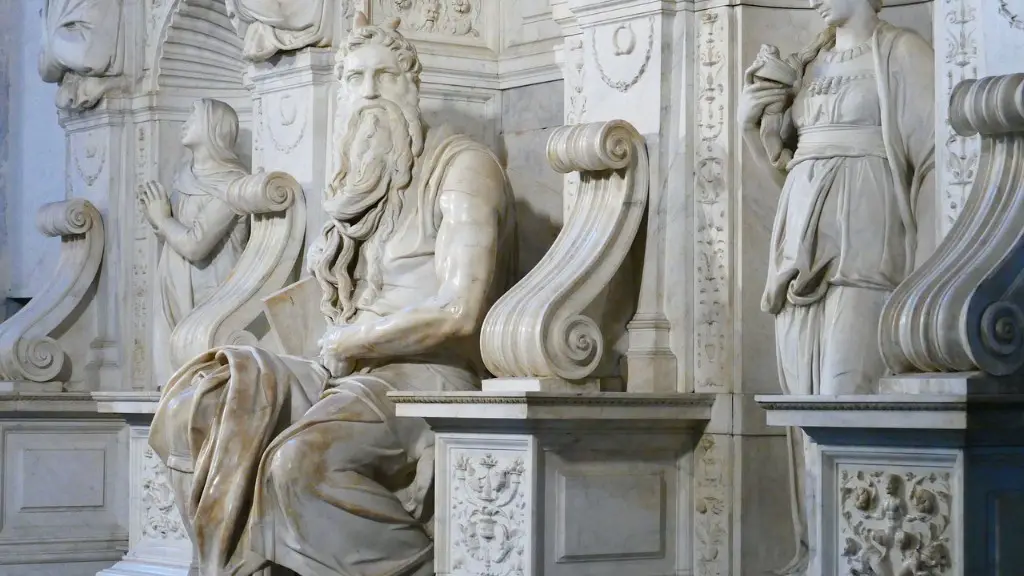History of Taxation in Ancient Rome
As far back as the 5th century BCE, taxation was a major part of life in Ancient Rome and it has continued to feature in everyday life since then. Taxation has been instrumental in the rise and decline of empires, shaping the history of the world.
Ancient Rome was no different, as taxes played an integral role in the development and growth of the Roman Empire. As a superpower, Ancient Rome gained immense wealth through its vast and prosperous trading empire, as well as its large population, and so taxation was an necessity in order to continue to afford the luxurious lifestyles of the nobility and the Republic’s military forces.
The primary form of taxation in Ancient Rome was the poll tax, or tributum. This tax was collected from all Roman citizens, including freed slaves, and was a form of a head tax, due annually. This was the main income for the Roman Republic, as citizens were assessed and taxed on the basis of their wealth, and the tax rate was fairly steep.
Apart from the poll tax, there was also the vectigal imperal, which was a tax custom duty collected by local tax collectors on goods imported from outside Rome. Other taxes also included taxes on wealth, such as the census, which was a tax on movable goods, such as slaves and livestock; the fabrilia, which was a tax on buildings; and the 5% inheritance tax, which was a transfer tax on inherited goods.
In addition to these taxes, there were also the publicani, or publicani imperatoris, who were public contractors hired by the emperor to collect taxes in provinces beyond the Republic’s borders. This system of taxation allowed Rome to fund its military campaigns abroad, as well as its public works projects at home.
In addition to taxation, the Roman Republic also relied heavily on three key institutions to manage its finances: the treasury, the census office, and the state banking system. The treasury was responsible for collecting taxes, levying fines, and managing public funds, while the census office was in charge of compiling financial records for taxing citizens and imperial taxes. Lastly, the state banking system enabled the government to issue public debt, collect revenues from government accounts, and transfer funds.
Tax Collection in Ancient Rome
In Ancient Rome, taxes were typically collected through local tax collectors, which were divided into two groups: the publicani, who were in charge of collecting taxes in Rome and its provinces; and the censors, who were in charge of keeping records and collecting taxes from citizens on behalf of the Roman Senate. This system of taxation ensured that all citizens were made to pay their fair share of taxes, which was necessary for the Republic to fund its activities.
Taxes were made even more equitable with the implementation of the Punica Firma, which regulated taxation throughout the Roman Empire. This system created a rotating system tax collection in the provinces, allowing levies to be distributed evenly across the provinces. This mechanism was widely credited with helping to prevent tax evasion and enabling the Republic to collect more revenue.
The famous Edict of Caracalla of 212 AD also enacted a crucial change in Roman taxation, as it allowed all freeborn people of the Empire to be liable for Roman taxation, regardless of where they lived. This was an important change as it enabled Rome to take in more revenue, while eliminating the need to keep track of where people were living.
Tax collection in Ancient Rome was a complex and intricate affair, and it could not have been achieved without strong governance and the proper utilization of public funds. As a result of this taxation system, the Republic was able to master the art of taxation and finance and rise to become one of the most powerful empires in world history.
Taxation Structure in Ancient Rome
Ini Ancient Rome, taxation was seen as a means to fund the Republic’s activities and pay for public works projects. To this end, taxes were organized into three classes, known as the decurion, the quaestorium, and the centuriata. The decurion was a tax imposed by the Senate, which was used to finance public works, whereas the quaestorium was a tax paid directly to the emperor to finance the military. Lastly, the centuriata was a tax used to provide funding public activities such as games and festivals.
Taxes were also divided further into smaller classifications such as the census, which was a head tax on citizens, and the vectigal, which was a tax on goods or services. Furthermore, the 5% inheritance tax was used to fund inheritance and trusts, while the fabrilia were taxes on buildings. Additionally, the publicani were officials who were in charge of collecting taxes beyond Roman borders.
All in all, taxation in Ancient Rome was an extremely important factor in the growth and development of the Republic. It allowed the Roman Empire to collect revenue from citizens, as well as from territories beyond Roman borders, and it enabled the Republic to build a strong financial system that enabled its citizens to enjoy the comforts of a strong and prosperous economy.
Tax Law Enforcement in Ancient Rome
In Ancient Rome, taxation was seen as a civic duty of all Roman citizens, and it was heavily enforced by the Roman Senate. To ensure that taxation regulations were kept up to date, the Senate would enact new laws and regulations, and employ tax collectors to ensure that all citizens were paying their fair share. Furthermore, the Senate would employ censors to monitor changing tax regulations and ensure that citizens paid their taxes on time.
The government would also employ tax exiles, known as fiscales, who were responsible for ensuring that citizens paid their taxes, as well as keeping all public taxes up to date. To this end, these tax exiles were allowed to collect taxes in their own territory and use their own methods to enforce taxation regulations. Furthermore, tax exiles were also able to report any attempted tax evasion or corruption to the Roman Senate.
In addition to these measures, the Roman Senate also implemented the Lex Poetelia Papiria, which established a tribunal to punish citizens who attempted to evade taxes. The tribunal conducted hearings and was allowed to extend to provinces outside the Republic’s borders. As a result of this law, the Roman Senate was able to impose even harsher punishments on anyone who evaded taxes, and this gave citizens an incentive to honor their tax obligations.
All in all, tax law enforcement in Ancient Rome was very strict and effective, as evidenced by the disdain Roman citizens felt towards tax collectors and the severe punishments handed out to those who attempted to evade taxes. This strict law enforcement served as an effective deterrent, ensuring that all citizens continued to pay their fair share.
Impact of Taxation in Ancient Rome
Rome’s taxation system was instrumental in allowing the Republic to become one of the most powerful empires in history. It allowed Rome to collect revenue from its citizens, as well as from territories beyond its borders, to fund its wars, build public works projects, and create a strong economy.
At the same time, taxation was a necessary evil, as citizens and provinces outside of the Republic’s borders often had to pay steep taxes in order to pay for Rome’s public works projects and military campaigns. This could lead to resentment among Roman citizens and regions beyond the Republic’s borders, and sparked conflict between Rome and its citizens.
Additionally, as the power of the Roman Empire grew, taxation also had to keep up with the Republic’s ever increasing needs. This led to a series of reforms of the taxation system that ensured that the Republic continued to be able to finance its activities. These changes to the taxation system made sure that Rome was able to remain financially stable and continue to rise to greater heights.
All in all, taxation in Ancient Rome was an integral part of the Republic’s success. Its efficient and effective implementation of taxation regulations helped the Roman Empire to achieve prosperity and success for centuries, and it allowed Rome to become one of the most powerful empires in world history.
Taxpayers in Ancient Rome
In Ancient Rome, taxpayers were divided into three categories. The primary taxpayers were Roman citizens, who were obligated to pay the poll tax annually, plus any additional taxes appropriate to their wealth. Non-citizens, such as freed slaves and other non-residents, were classified as secondary taxpayers and were obliged to pay the tributum. Lastly, foreign residents, or those living outside of the Roman Republic, were classified as tertiary taxpayers and were obligated to pay the vectigal.
In addition to these classes of taxpayers, there were also groups of people such as the publicani, who were public contractors employed by the emperor to collect taxes beyond the Republic’s borders, and the censors, who were in charge of keeping records and collecting taxes from citizens on behalf of the Roman Senate.
Taxpayers were also subject to scrutiny by the Roman Senate, which made sure that the taxation system was updated and introduced new regulations to prevent tax evasion. This ensured that all citizens were paying their fair share of taxes, which was necessary for the Republic to fund its activities. Furthermore, the Senate was also quick to punish anyone who attempted to evade their taxation obligations.
All in all, the taxpayers in Ancient Rome were an important part of the Republic’s success, as they were responsible for providing the Government with the necessary funds to build public works projects, fund military campaigns, and maintain the Roman Empire’s prosperity.
Tax Avoidance in Ancient Rome
In Ancient Rome, tax evasion was highly frowned upon by the Senate, and it was subject to drastic punishments. To this end, the Roman Senate employed fiscal exiles, known as fiscales, who were in charge of collecting taxes and also keeping track of changing tax regulations. Furthermore, it enacted the Lex Poetelia Papiria, which established a tribunal to punish anyone who attempted to evade their taxes.
Despite the strict punishments, there were still citizens who managed to evade taxation. For example, wealthy citizens often tried to avoid taxation by claiming exemptions or exploiting loopholes in the taxation system. In addition, there were some regions that posed a challenge for Rome to tax due to their distance from Rome, or due to the local customs.
Apart from these, bribery was also a common form of tax avoidance in Ancient Rome. Wealthy citizens would bribe Roman officials to look the other way or ensure that the taxes were significantly lowered or evaded. In some cases, even senior government officials and the emperor himself were bribed in exchange for lower taxes or exemptions.
All in all, tax avoidance was a major problem in Ancient Rome, as some citizens were able to evade taxation due to their wealth and influence. However, Rome’s strict enforcement of taxation regulations was able to ensure that most citizens were made to pay their fair share of taxes, which was necessary for the Republic’s success.





